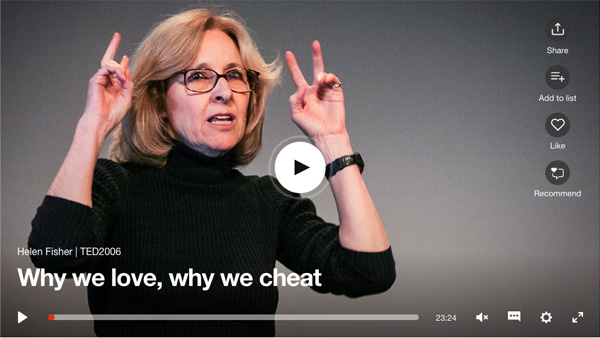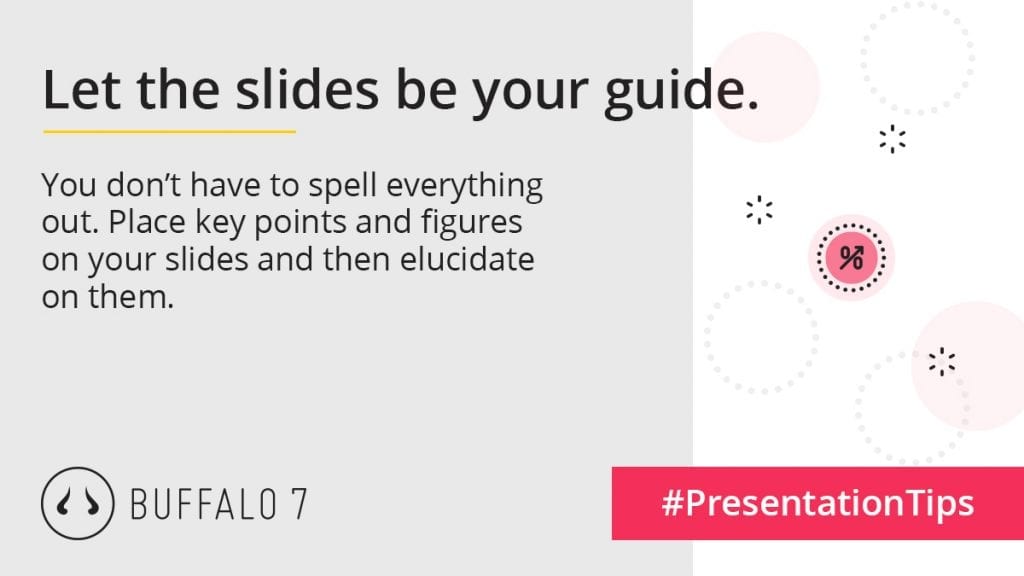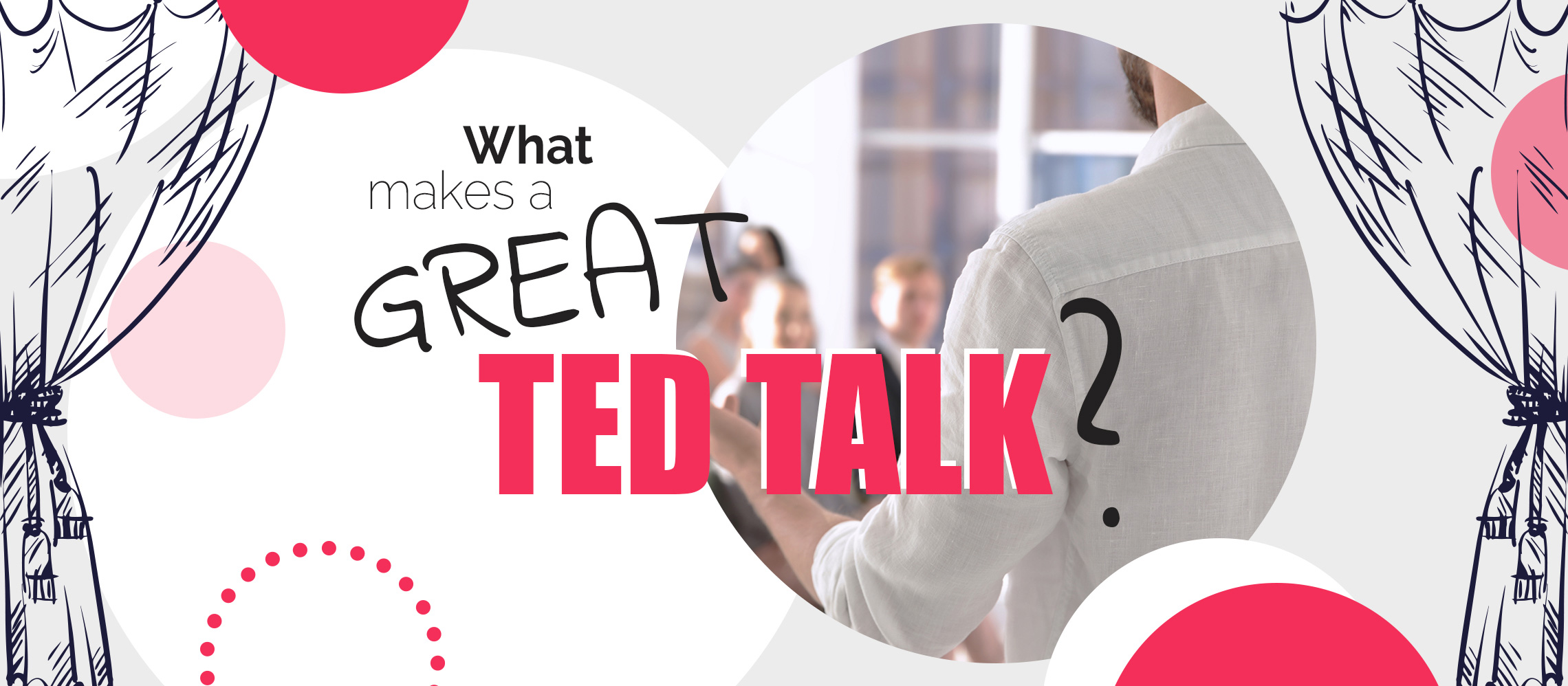If you thought TED Talks was the slogan for a Mark Wahlberg movie, think again. These seminal speeches are more engrossing than any blockbuster cartoon. But what makes a great TED Talk?
The way people speak of TED Talks, you’d think each one contained epiphanies and pearls of divine wisdom. Are TED Talks really that special? And if they are, what can us mere mortals do to attain the skills of TED’s superhuman orators?
Well, a good place to start would be by watching a few. Each powerful and thought-provoking talk averages around 18 minutes, so it won’t take long to gen up on what makes a good TED Talk. You’ll find 25 of the most popular TED Talks here, with topics ranging from “Your body language shapes who you are” to “The power of introverts”. Be warned though: TED Talks are seriously addictive. By the time you re-emerge from that rabbit hole, you’ll be wiser, smarter and bereft of a good chunk of your day.
What are TED Talks?
In a moment, we’re going to analyse the elements that make up a great TED Talk and identify how you can incorporate these into your public speaking. But first, a word about the origins of the phenomenally popular series. What are TED Talks? Well, TED – an acronym for Technology, Entertainment and Design – was founded in the 80s as a nonprofit. Its goal? To spread good ideas, ranging from science to psychology, in multiple languages and to spark conversation. With over one billion views, it would be fair to say that TED Talks have smashed all expectations and introduced an entire generation to the transformatory power of ideas.
We’re not here to analyse the nuggets of wisdom contained in each TED Talk – you can do that in your own time. Instead, we want to delve into the elements that have earned the best talks (or presentations if you will) standing ovations and awestruck comments across the board. Whether analysing the art of lying or the science of happiness, the top talks share certain traits – traits that you can incorporate into your own public speaking to good effect.
Start strong
Watch the opening 60 seconds of several TED Talks. Spot anything in common? In most cases, the speaker lays it all on the line, putting their big idea out there from the very start. There’s no slow build-up – they cut right to the chase, a ploy which instantly captivates their audience.
“I’d like to start today by talking about the two biggest social trends in the coming century and perhaps in the next 10,000 years,” begins Helen Fisher in “Why we love, why we cheat”, a talk which has been viewed 10 million times.

If you’re launching a product that’s genuinely groundbreaking, don’t beat around the bush: say so at the very start, before using the remainder of your speech to provide the proof. More tips on starting your presentation strongly can be found here.
Be concise
Many of the topics that TED’s speakers cover are mind-blowingly complex, and yet they manage to distill their essence into a sub-20-minute talk that’s relatable even to complete laypersons. The great TED Talks take a big idea and impress it into the minds of all present, leaving them with a clear take-home message. If TED’s speakers can achieve that whilst covering topics as complex as nanotechnology, AI and biomimicry, you can certainly do the same with your own talk, whether it’s about digital marketing, blockchain applications or why the Lo-sze is your favourite breed of Pug.

Be bold
It takes guts to walk into a packed auditorium and address an audience of hundreds. And it takes nerves of steel to do so whilst knowing that your every word will later be heard by millions on the web. The boldness that is a hallmark of the best TED speakers doesn’t just extend to remaining calm under pressure. Often, these speakers deliver confessional anecdotes in which they admit to failure or rejection, before expounding on what this devastating experience taught them. This vulnerability humanises the speaker and enables the audience to empathise with them.
There’s no need to confess your darkest secrets, but if you’re bold enough to drawn upon your failures – as well as your successes – you’ll gain credibility in the eyes of your audience.
Let the slides be your guide
There’s a reason why the best TED speakers don’t need notes. Despite the complexity of their ideas, the only prompt they need comes courtesy of the slides that are used to illustrate key points. TED Talks aren’t over-reliant on bullet points and text-heavy slides. Instead, they contain images and graphs that illustrate the speaker’s ideas rather than substitute for the speaker.
At Buffalo 7, we’re big fans of PowerPoint – it’s what we do after all – but slides shouldn’t be used to narrate your presentation. That’s your job. Instead, let the slides be your guide, using each one to advance your narrative, focus your train of thought and illustrate key concepts.

Ideas worth spreading?
“Ideas worth spreading” is TED’s mantra, and it’s one that applies equally to your own public speaking. The odds are you won’t be called upon to deliver a TED Talk to thousands or even millions. But the truth is, it doesn’t matter: if your idea is worth spreading, it’s worth doing right. Be clear and concise, don’t be afraid to confess failure and be sure to put your big idea out there from the very start. From the meaning of Anthropocene to the importance of a good anecdote, we can all learn a lot from TED Talks.


